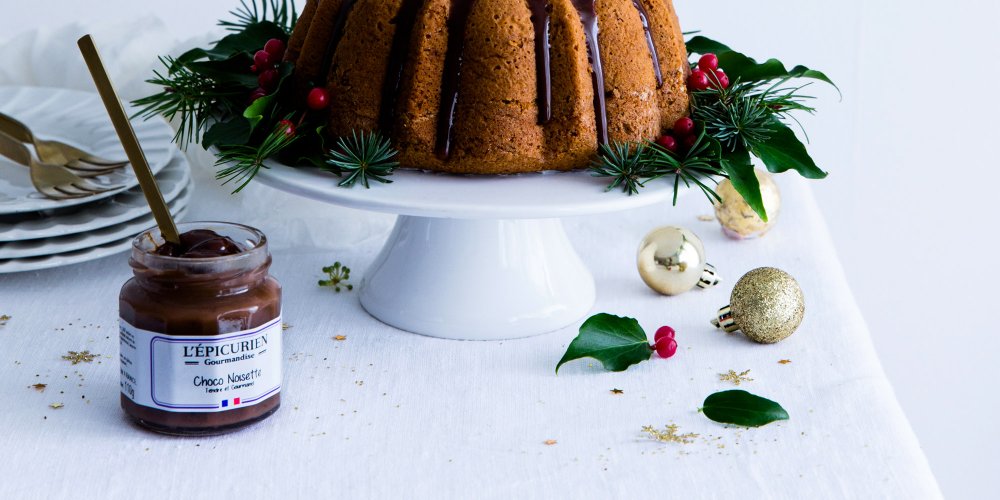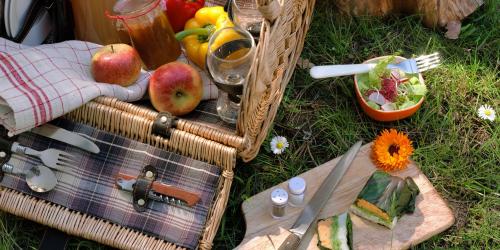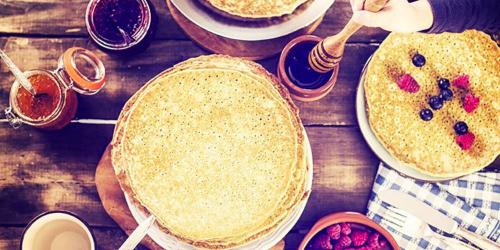For several years, Nutella and palm oil have become the beasts of the diet, bringing Nutella down from its pedestal in the range of spreads.
Update on Nutella and palm oil
As a reminder, palm oil is a vegetable oil extracted by hot pressing of the fruit pulp of the oil palm, ensuring the smoothness of the product that resists oxidation and can be kept for a long time. Problem: it is used massively because it is cheaper than other fats and therefore profitable, while it is not good for our health or for our planet.
Palm oil would be a source of "ecological destruction". Since palm oil has been inexpensive for some twenty years, the producing countries have increased the areas devoted to oil palm cultivation, and according to WWF, 12 million hectares of land will be covered with oil palms. To get there, millions of hectares of forest would have been destroyed. These last ones are nevertheless essential for the survival of the man and the animal. Another important factor: palm oil would be harmful to our health, causing cardiovascular diseases by increasing the rate of bad cholesterol and diabetes.
New spreads that change the game
If for a long time, the Nutella was unavoidable and almost the only one on the market, today, many culinary novelties offer spreads of a better quality, those found in supermarkets at the same price (the Nocciolata ) to those more studied imagined by the pastry chefs of the moment, for a little less reasonable cost (on average 6 euros, sometimes up to 10 euros the pot), but accessible anyway, to afford a healthier greed .
Thus, Yann Couvreur, Christophe Adam, Cyril Lignac and many others have tried a gourmet spread and more natural, and they know their success. Sharp artisanal shops have also set themselves up, such as L'Epicurien or Chambre aux Confitures, which have even given other versions of the spread (chocolate hazelnut, chocolate pear, chocolate red fruits, orange chocolate, chocolate caramel ), making it more refined.


